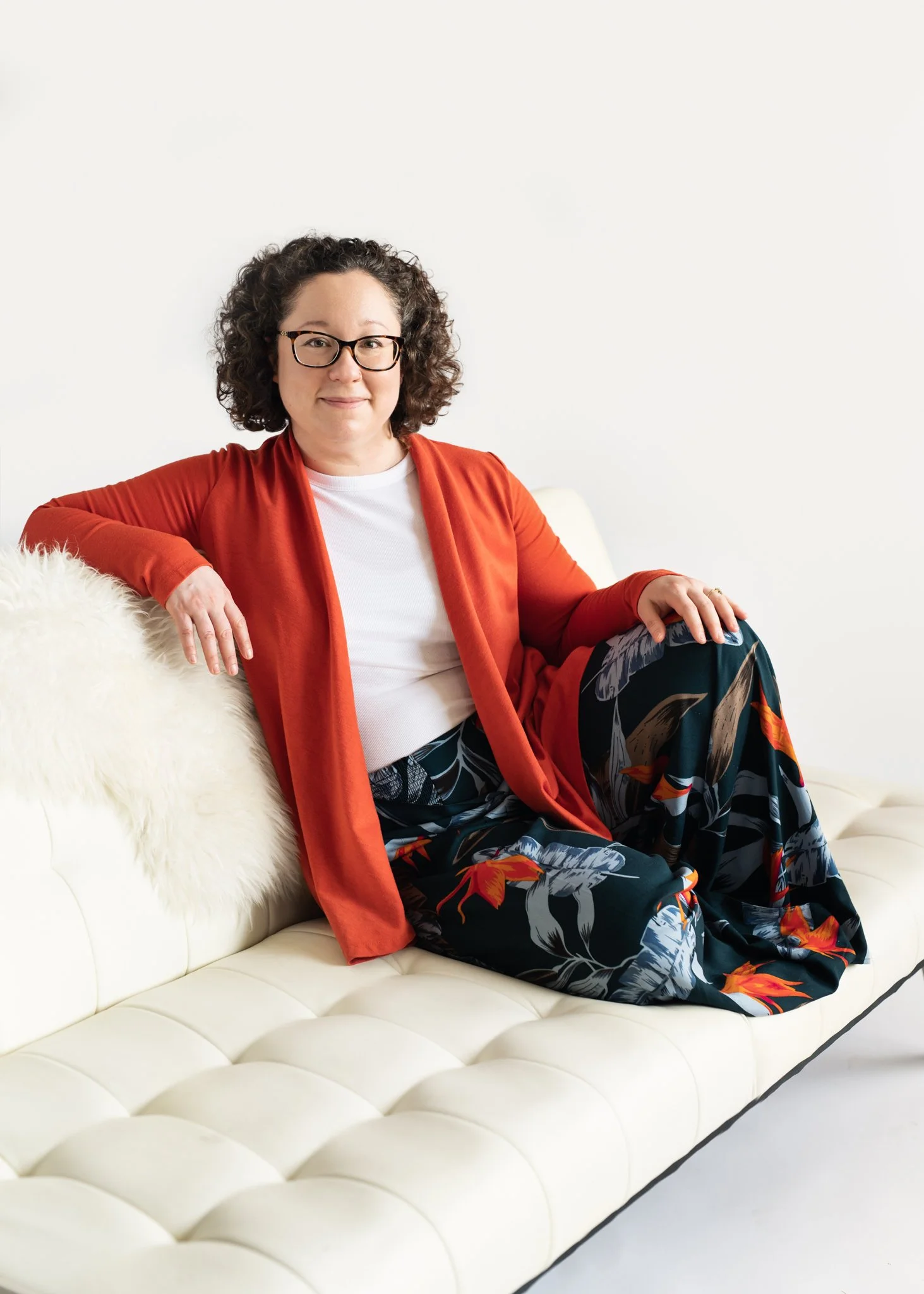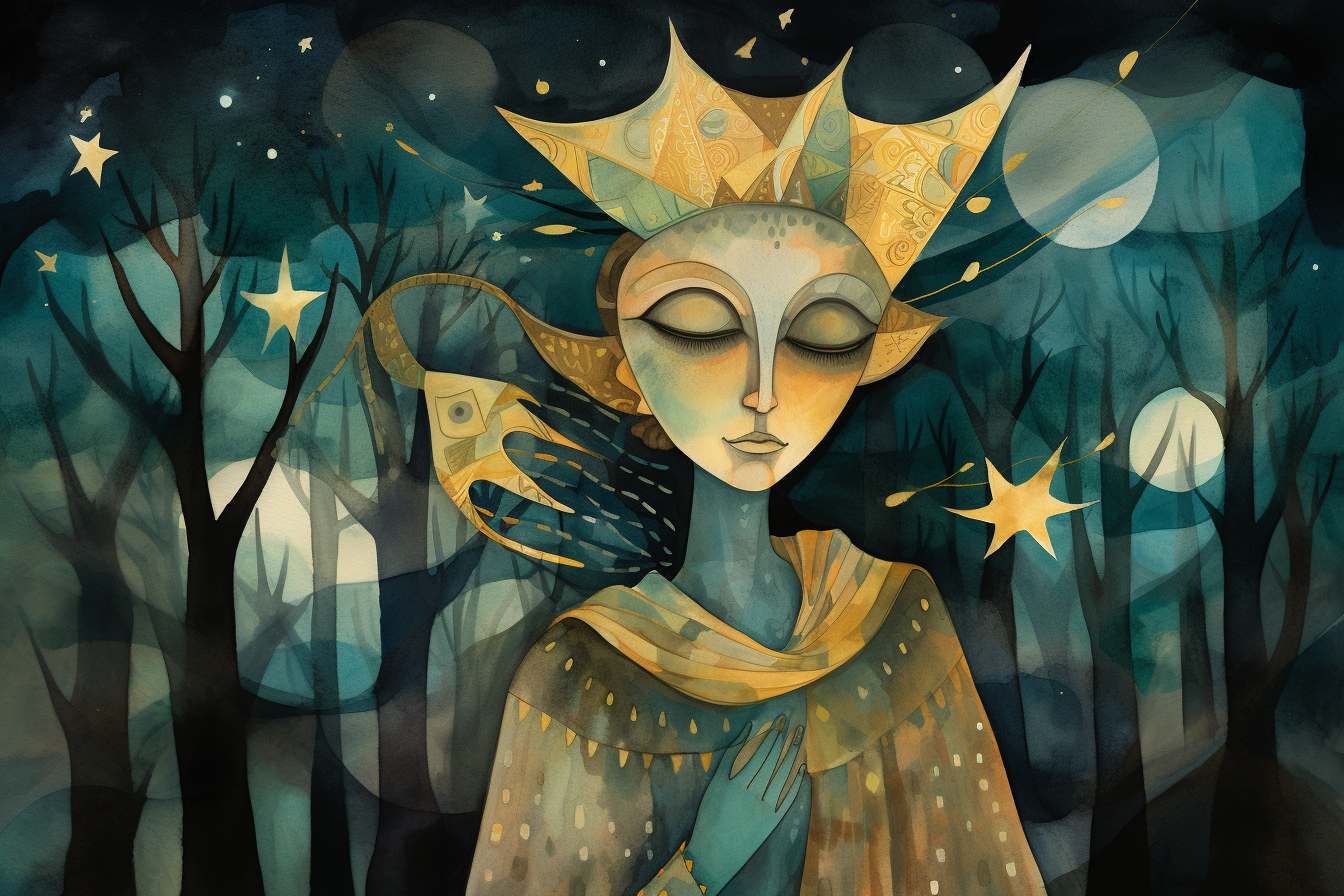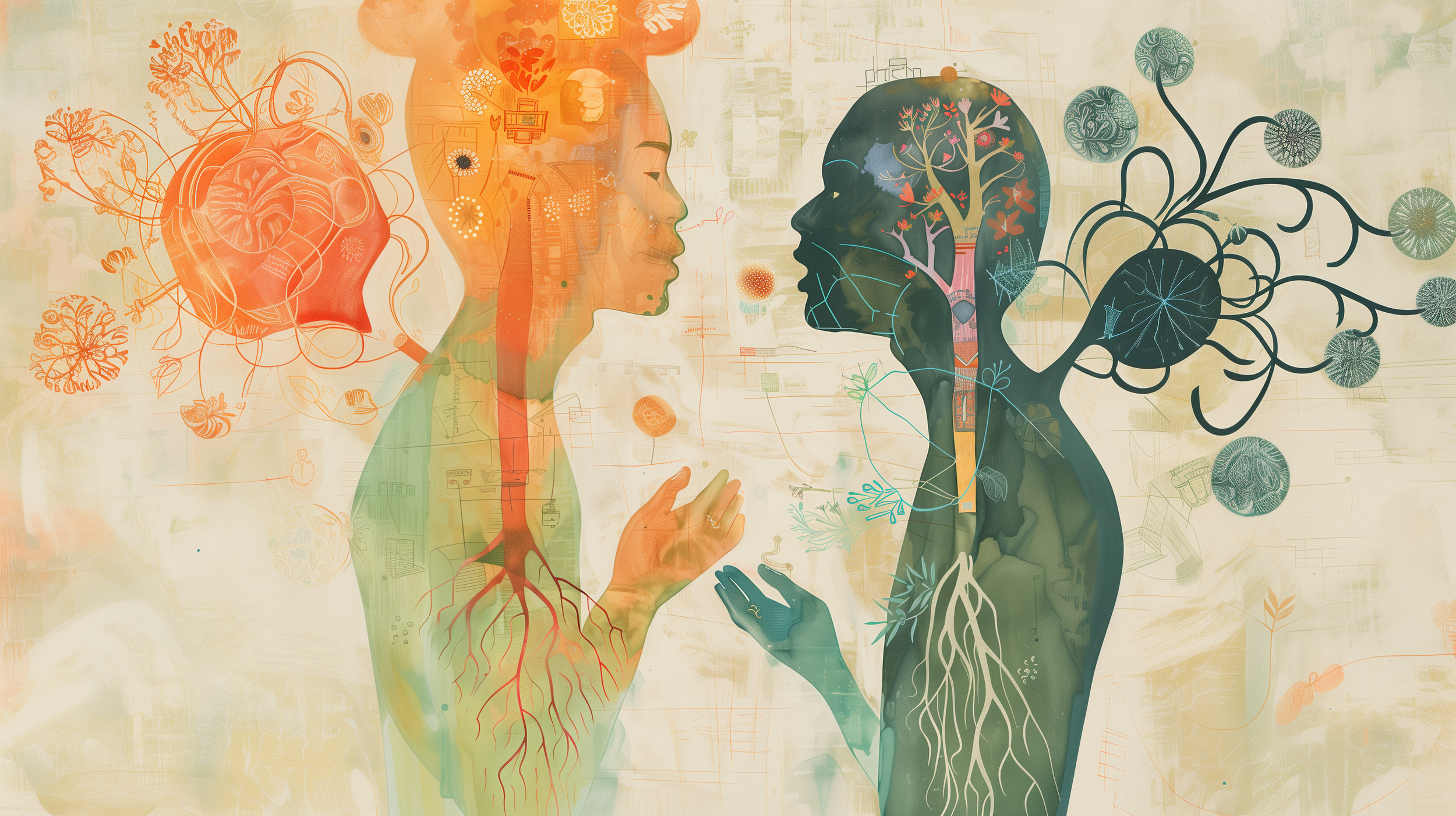
Reclaiming autistic communication through scholarship & community empowerment
Bridging academic rigor and lived experience to validate how autistic people actually communicate.
“We cannot live securely in a world which is not our own, in a world which is interpreted for us by others. An interpreted world is not a home.
Elaine Bellezza (source)Ana María B Call, MA
Neurodivergent Communication Theorist & Community Educator
I'm Ana Maria B. Call, a linguist, interculturalist, and former civil rights worker exploring what happens when we stop treating neurodivergent communication as deficit, and start seeing it as difference.
Most resources about neurodivergent communication fall into two camps: clinical frameworks that pathologize difference, or purely personal narratives without theoretical grounding.
I'm building something else.
As an emerging ND communication scholar and community educator, I work at the intersection of academic research and lived experience—bringing theoretical depth to real-world communication challenges, and translating complex scholarship into frameworks that actually serve neurodivergent communities.
This isn't about learning to "pass" or "fix" how autistics communicate. It's about understanding different communication styles as equally valid; building systems that work for everyone; and creating the conditions for genuine access, participation, and belonging.
Through art, writing, workshops, and imagination practices, I investigate a radically different approach to communication- one where many ND people can become skillful at being different, and where all of us (regardless of neurotype) can learn the communication skills that actually lead to better communication outcomes, for everyone.
“We cannot live securely in a world which is not our own, in a world which is interpreted for us by others. An interpreted world is not a home.
Elaine Bellezza (source)The medical model has long approached autistic communication as a deficit to be corrected—a problem residing in individuals who need to learn to communicate "properly”, but this fundamentally misunderstands what's actually happening.
Autistic people aren't failing at communication. They're navigating a world that has been interpreted and structured by neurotypical communication norms, then told those interpretations are objective reality.
ANA MARÍA B. CALL, MA ⏐ Neurodivergent Communication Theorist & Community Educator
I’m helping make the invisible dimensions of communication VISIBLE
… so we can stop forcing conformity, & start getting better outcomes
I'm Ana Maria B. Call, a linguist, interculturalist, and former civil rights worker exploring what happens when we stop treating neurodivergent communication as deficit, and start seeing it as difference.
Most resources about neurodivergent communication fall into two camps: clinical frameworks that pathologize difference, or purely personal narratives without theoretical grounding.
I'm building something else.
As an emerging ND communication scholar and community educator, I work at the intersection of academic research and lived experience—bringing theoretical depth to real-world communication challenges, and translating complex scholarship into frameworks that actually serve neurodivergent communities.
This isn't about learning to "pass" or "fix" how you communicate. It's about understanding different communication styles as equally valid, building systems that work for everyone, and creating the conditions for genuine access, participation, and belonging.
Through art, writing, workshops, and imagination practices, I investigate a radically different approach to communication- one where many ND people can become skillful at being different, and where all of us (regardless of neurotype) can learn the four skills that actually lead to better communication outcomes: transparency, repair, context-checking, and negotiability.
Introduce your brand
What becomes possible when we stop asking neurodivergent people to communicate 'correctly'—and start building systems that work for everyone?
Start here
-
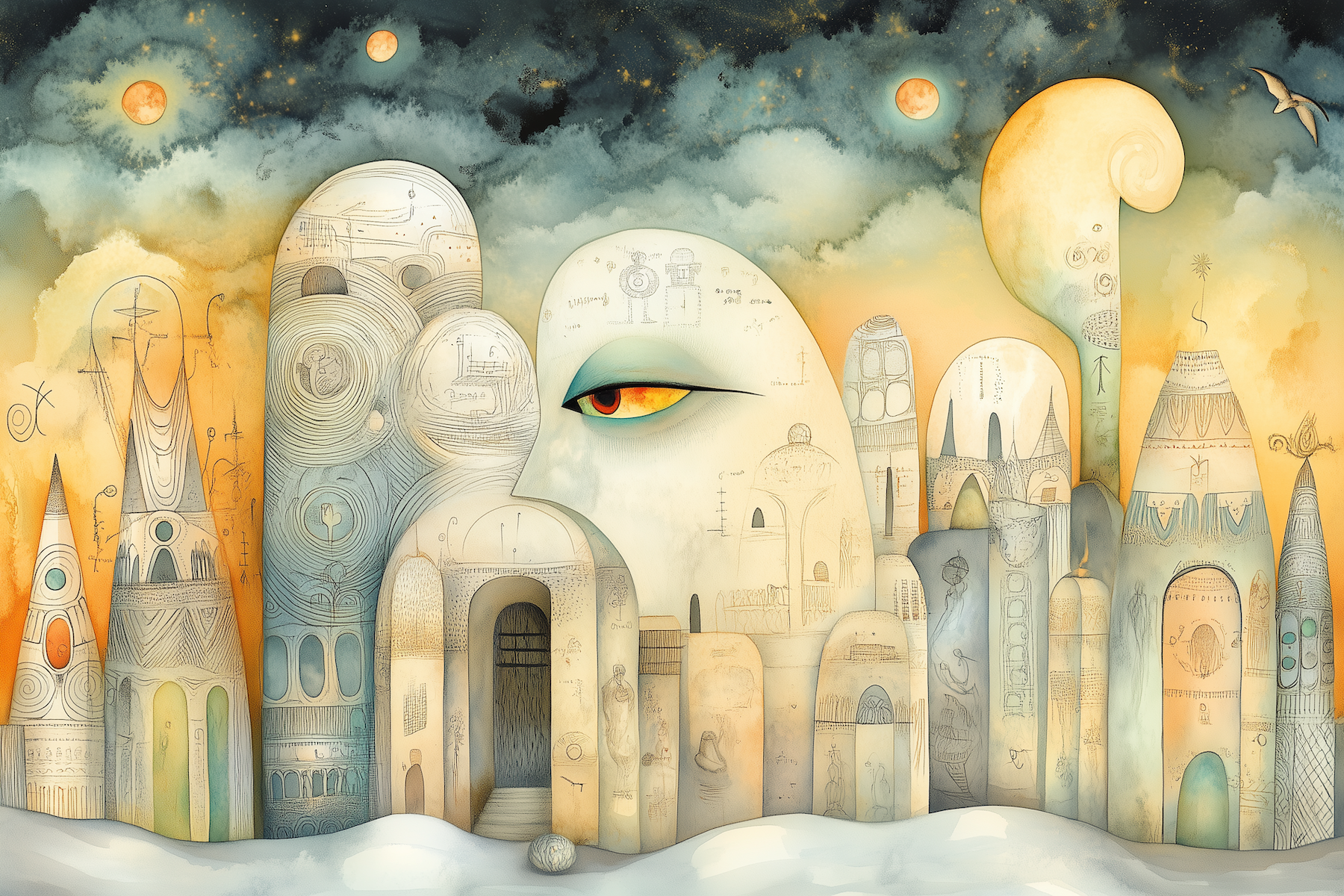
Read the blog
-
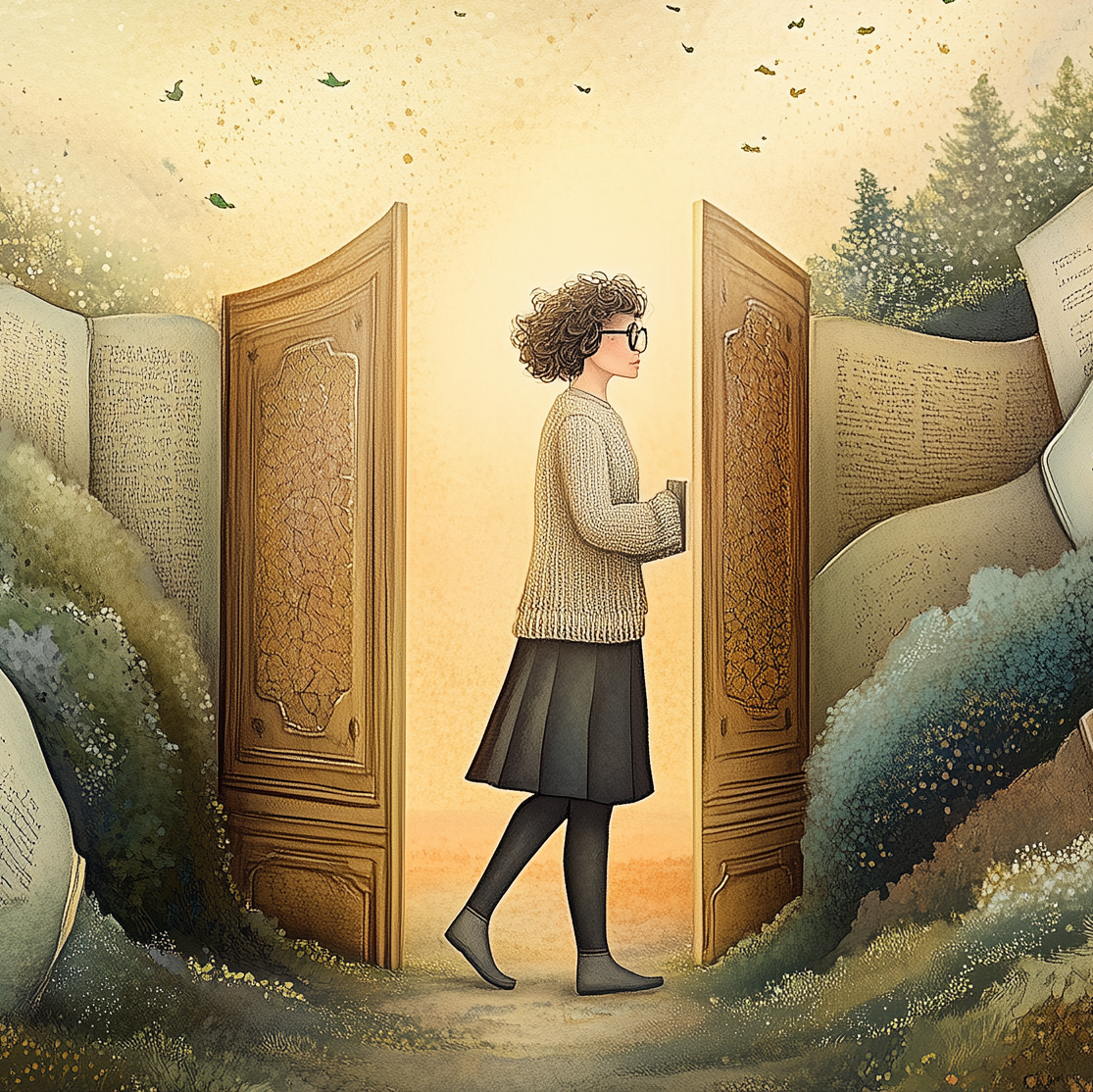
Learn about me
-
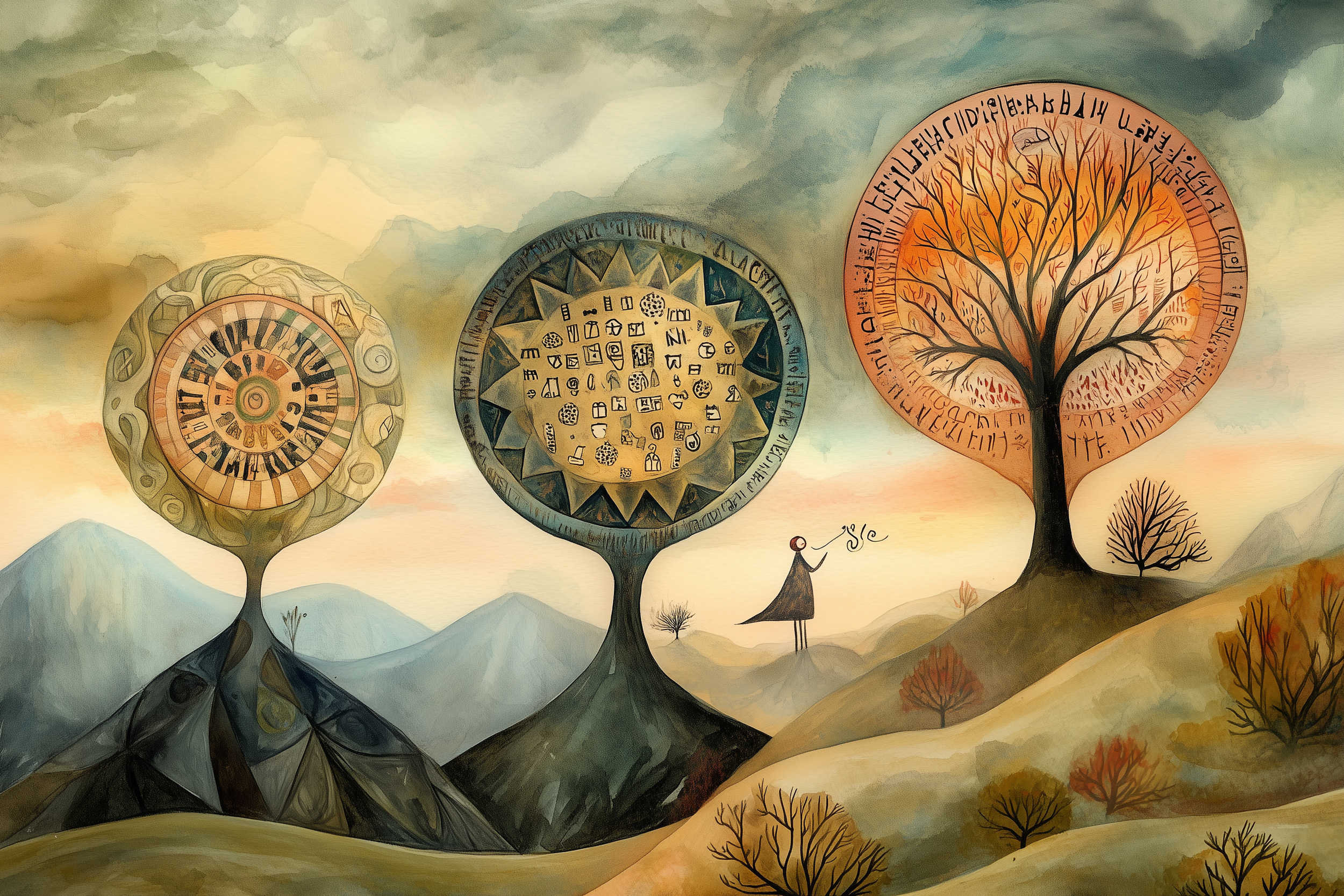
Something else
“We cannot live securely in a world which is not our own, in a world which is interpreted for us by others. An interpreted world is not a home.
Part of the terror is to take back our own listening, to put our ears to our own inner voices, to see our own light, which is our birthright, and comes to us in silence.”
Elaine Bellezza (source)